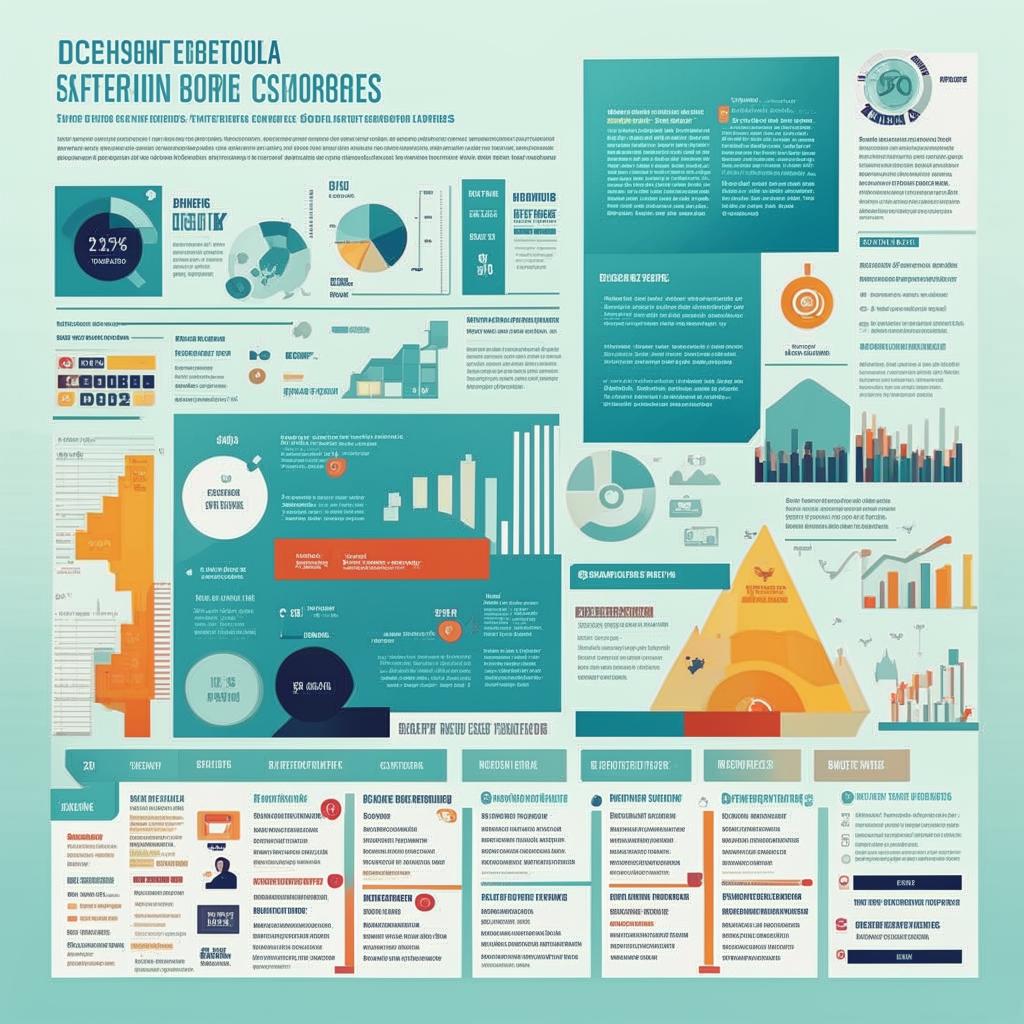In today’s fast-paced business environment, speed is often glorified as a key driver of success. Companies that can rapidly innovate, launch products, and adapt to market changes are frequently hailed as industry leaders. However, the relentless pursuit of speed can lead to significant pitfalls that may ultimately jeopardize a business’s stability and growth. Understanding these dangers and implementing strategies to balance speed with thoughtful execution is essential for long-term success.
One of the primary risks associated with prioritizing speed is the potential for compromised quality. In the rush to meet deadlines or capitalize on market trends, businesses may cut corners in product development, customer service, or operational processes. This can result in inferior products that fail to meet customer expectations, leading to dissatisfaction and increased churn. To mitigate this risk, companies should adopt a culture of quality assurance, where thorough testing and feedback loops are integrated into the development process. By prioritizing quality alongside speed, businesses can ensure they deliver value to their customers while still being responsive to market demands.
Another issue that arises from an overemphasis on speed is decision-making fatigue. When teams are pressured to make quick decisions, they may overlook critical data or fail to consider the long-term implications of their choices. This can lead to strategic missteps that can be costly to rectify. To combat this, businesses should establish clear decision-making frameworks that prioritize data-driven insights and collaborative input. Encouraging teams to take the time necessary to analyze information and weigh options can lead to more informed decisions that support sustainable growth.
Additionally, the drive for speed can create a chaotic work environment, leading to employee burnout and decreased morale. When employees are constantly rushed to meet unrealistic deadlines, it can foster a culture of stress and anxiety. This not only affects productivity but can also result in high turnover rates. To address this challenge, leaders should promote a balanced approach to work. Setting realistic timelines, encouraging breaks, and fostering open communication can help create a healthier work environment. By valuing employee well-being, businesses can enhance productivity and retain top talent.
Moreover, rapid scaling without proper infrastructure can lead to operational inefficiencies. A company may expand its customer base or product offerings quickly, but if the underlying systems and processes are not equipped to handle this growth, it can result in service disruptions and customer dissatisfaction. To prevent this, businesses should invest in scalable systems and technology that can adapt to growth. Regularly assessing operational capabilities and making necessary adjustments can help ensure that the company can sustain its growth trajectory without sacrificing service quality.
In conclusion, while speed is undoubtedly an important factor in today’s competitive landscape, an unchecked focus on rapid execution can lead to significant drawbacks. By prioritizing quality, fostering thoughtful decision-making, promoting employee well-being, and investing in scalable infrastructure, businesses can strike a balance between speed and sustainability. This approach not only enhances long-term success but also builds a resilient organization capable of thriving in a dynamic market.
